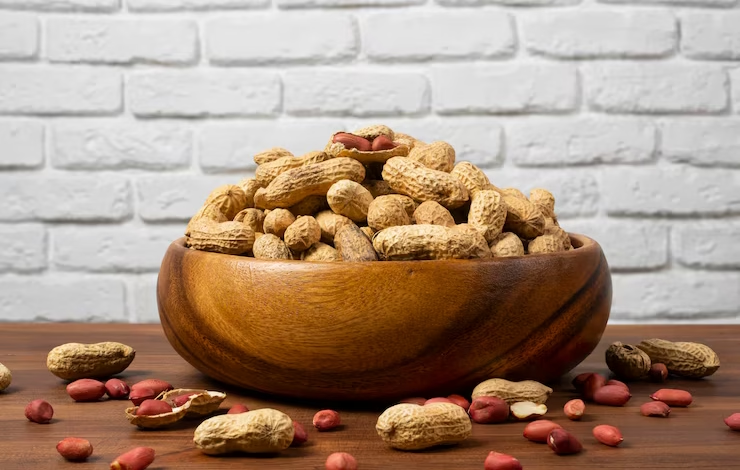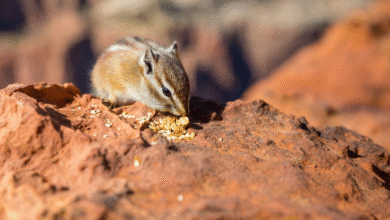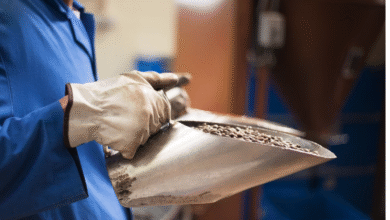Allintitle:are Peanuts Good For Dogs? A Complete Guide

Dogs love snacks, and let’s be honest most of us love sharing a bite or two with our furry friends. But when it comes to peanuts, things can get a little confusing. Are they safe? Are they nutritious? Or are they a hidden danger in a tiny shell?
If you’ve typed “are peanuts good for dogs” into your search bar, you’re in the right place. Let’s break it down so you can make the best decision for your pup.
Are Peanuts Safe for Dogs?
The short answer? Yes but only in moderation and only in the right form. Raw, unsalted peanuts without shells are generally safe for most dogs. But beware salted, flavored, or moldy peanuts can pose serious health risks.
Raw vs Roasted Peanuts
Roasted peanuts (plain and unsalted) are safer than raw ones, which can sometimes contain harmful mold or toxins.
Salted vs Unsalted Peanuts
Salted peanuts are a no-go. Dogs are much more sensitive to sodium, and too much salt can cause dehydration or even sodium ion poisoning.
Nutritional Value of Peanuts for Dogs
Peanuts are rich in:
-
Protein: Helps in muscle development.
-
Healthy fats: Supports energy and skin health.
-
Vitamins and minerals: Like Vitamin B, E, and niacin.
Sounds great, right? But remember they’re also high in calories, which isn’t ideal for every dog.
Benefits of Peanuts for Dogs
Energy Boost
Got an active dog that loves to play fetch all day? A peanut or two can give them a little energy spike, thanks to the healthy fats and protein.
Skin and Coat Health
Peanuts contain Vitamin E and omega-6 fatty acids, both known to promote shiny coats and healthy skin.
Heart Health
Niacin in peanuts supports heart function and circulation.
Potential Risks of Peanuts for Dogs
Now, here comes the other side of the peanut…
High Fat Content
Too much fat can lead to obesity or pancreatitis a serious condition in dogs. Especially dangerous for small breeds.
Salt and Seasoning Dangers
Garlic, onion powder, and even BBQ-flavored peanuts are toxic for dogs.
Aflatoxins and Mold
Stored peanuts can grow mold and aflatoxins, which are harmful not just for dogs but for humans too.
Can Dogs Be Allergic to Peanuts?
Absolutely. Though rare, peanut allergies do exist in dogs.
Common Signs Include:
-
Itching or skin rashes
-
Swelling, especially around the face
-
Vomiting or diarrhea
-
Breathing difficulties (in severe cases)
If you suspect a peanut allergy call your vet immediately.
Peanuts vs Peanut Butter: Which Is Safer?
Peanut butter is a fan favorite among pups, but here’s the catch…
Xylitol = Danger
Some peanut butters (especially low-sugar or “diet” ones) contain xylitol, a sweetener that’s extremely toxic to dogs.
Store-Bought vs Homemade
Homemade peanut butter with just plain peanuts is your safest bet.
How Many Peanuts Can a Dog Eat?
Portion control is key.
-
Small dogs: 1–2 plain peanuts, occasionally.
-
Medium dogs: 2–4 peanuts.
-
Large dogs: 4–6 peanuts.
And not every day! Think of peanuts as an occasional treat, not a daily snack.
Best Ways to Serve Peanuts to Dogs
Crushed or Chopped
Whole peanuts can be a choking hazard, especially for small breeds.
Homemade Treats
Blend peanuts into homemade dog biscuits or frozen pup-sicles.
Mixing With Meals
You can sprinkle crushed peanuts (unsalted!) on top of your dog’s regular kibble as a little bonus.
Which Types of Peanuts Should Be Avoided?
-
Salted or flavored peanuts: Too much sodium and potentially harmful additives.
-
Chocolate-covered peanuts: Chocolate is toxic to dogs.
-
Peanuts in shells: Can cause choking or digestive blockages.
Can Puppies Eat Peanuts?
Generally, it’s best to wait until your puppy is older and their digestive system is more developed.
Why? Puppies are more sensitive to fat, and peanuts are heavy on fat. Always consult your vet before introducing new foods.
Peanut-Based Treat Ideas for Dogs
Try these simple ideas:
-
Frozen Peanut Butter Cubes: Blend banana and natural peanut butter, freeze, and serve.
-
Peanut Oat Biscuits: Combine oats, mashed banana, and peanut butter bake and reward!
-
Kong Toy Filler: Stuff a toy with a peanut butter/banana mix for play and snack time.
Expert Opinions from Veterinarians
Most vets agree: a little peanut in the right form won’t hurt. But if your dog is overweight, has pancreatitis, or any known allergies, skip the peanuts altogether.
Signs Your Dog Shouldn’t Eat Peanuts
If you notice any of these after giving peanuts, stop immediately:
-
Gas or bloating
-
Diarrhea or vomiting
-
Itching or scratching
-
Lethargy
What to Do If Your Dog Eats Too Many Peanuts
Don’t panic but act fast.
-
Check the quantity and type.
-
Watch for symptoms.
-
Call your vet and provide details.
-
Don’t induce vomiting unless instructed.
Conclusion
So are peanuts good for dogs? In small amounts and in their plainest form, they’re not just safe, but even beneficial. But moderation, common sense, and vet consultation are your best friends here. Not all dogs are the same, and when it comes to your pup’s health, it’s always better to be cautious.
Next time those puppy eyes beg for a bite, you’ll know exactly what’s safe to share. 🐾
FAQs
1. Can dogs eat salted peanuts?
No. Salted peanuts can cause dehydration and other health issues in dogs.
2. Is peanut butter safe for dogs?
Yes, but only if it doesn’t contain xylitol. Always check the label.
3. Can puppies eat peanuts?
It’s best to wait until they’re older. Their digestive systems are more sensitive.
4. How often can I give my dog peanuts?
Occasionally, as a treat. Not more than once or twice a week in small amounts.
5. What should I do if my dog has a peanut allergy?
Avoid all peanut products and consult your vet for allergy management.



